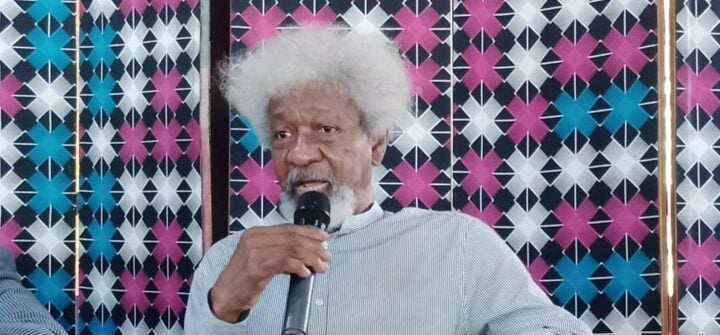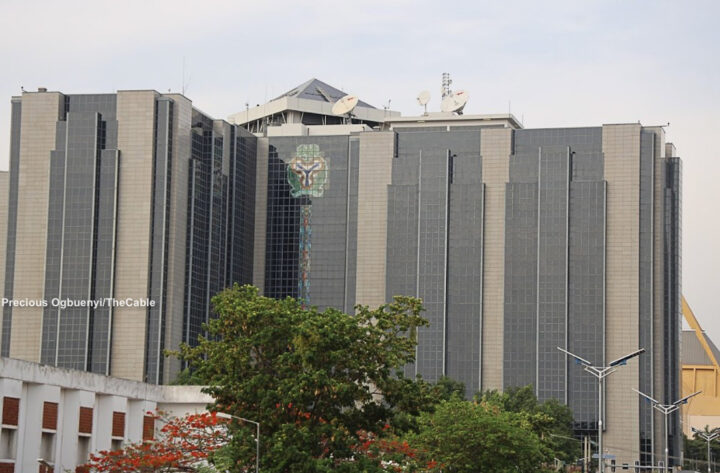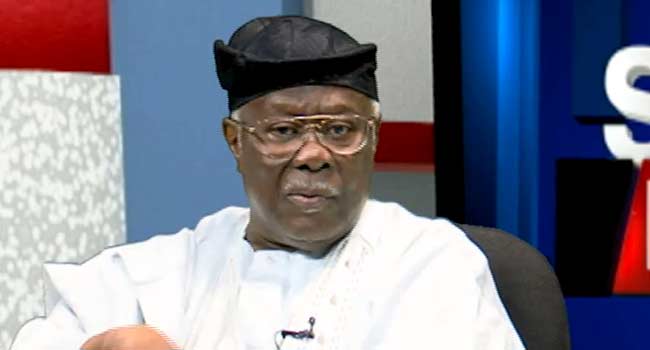In 2016, Wole Soyinka, the Nobel laureate, confirmed that he has rendered his US green card “inoperable” following Donald Trump’s victory in the 2016 presidential election.
On November 2, 2016, speaking at Oxford University’s Ertegun House, Soyinka said if Trump won, he would initiate a “Wolexit” by destroying his green card and severing his ties as a US resident.
“The moment they announce his victory, I will cut my green card myself and start packing up,” the Nobel laureate had said.
Soyinka obtained the green card during a political sabbatical at Emory University in the 1990s with assistance from the late US President Jimmy Carter.
Advertisement
Speaking at a conference in South Africa in 2016, the internationally acclaimed playwright and poet said he had thrown away the green card and returned to where he had always been.
“I have already done it; I have disengaged (from the United States). I have done what I said I would do,” Soyinka had said.
“I had a horror of what is to come with Trump… I threw away the (green) card, and I have relocated, and I’m back to where I have always been.
Advertisement
“As long as Trump is in charge, if I absolutely have to visit the United States, I prefer to go in the queue for a regular visa with others.”
He described his “Wolexit” as a protest against Trump’s “xenophobic rhetoric targeting Blacks, Hispanics, and Muslims” during the presidential election campaign.
A lawful permanent resident like Soyinka (green card holder) can voluntarily abandon or relinquish their US residency.
This is typically done by filing Form I-407, “Record of Abandonment of Lawful Permanent Resident Status,” with the US Citizenship and Immigration Services (USCIS) or at a US consulate abroad.
Advertisement
Informally, a person may stop residing in the US and demonstrate an intention to abandon residency, which can lead to loss of permanent resident status.
The US government has recently revoked Soyinka’s non-immigrant visa.
In a letter dated October 23 from the American consulate-general in Lagos, the US government instructed the Nobel laureate to present his passport for visa cancellation, citing “additional information” obtained after issuance.
Soyinka, who said he was not informed of any specific offence linked to the revocation, noted that he had applied for the visa after he received a letter from the US Internal Revenue Service about an audit for tax returns.
Advertisement
The renowned playwright explained that his trip was to resolve the tax issues, adding that he wanted to prevent a situation where the US might advertise him as a “tax dodger” to the world.
Advertisement









